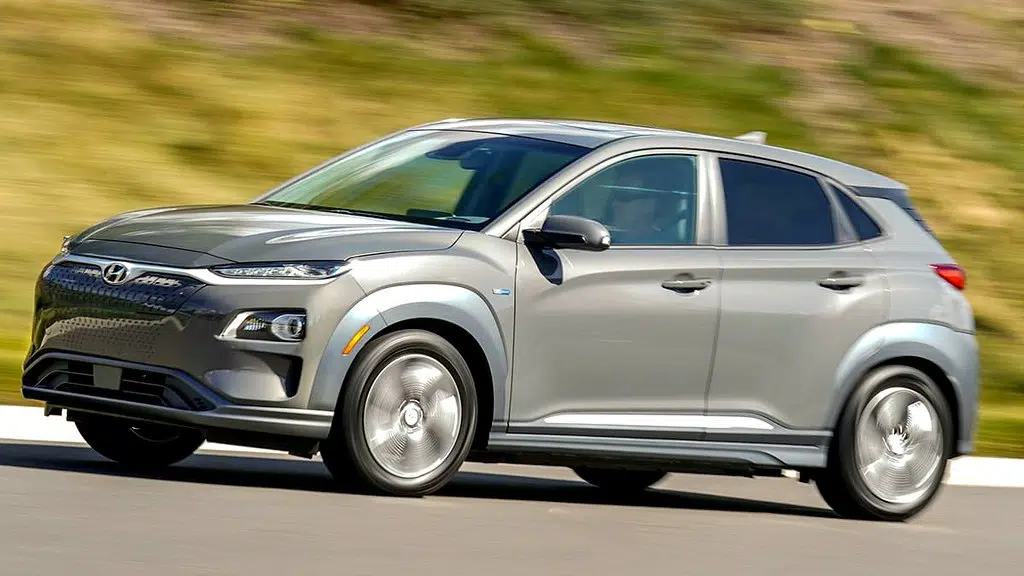Ottawa has pledged $425,000 to a pilot project that will provide public transportation to the people of Blacks Harbour and southwest New Brunswick.
Eastern Charlotte Waterways designed the project and earned the federal grant for its innovative approach to reducing greenhouse gas emissions in rural areas.
The group will now work to launch the program in July.
Once it launched, they hope to provide on-demand ride-sharing and door-to-door pickup options for area residents using a fleet of electric vehicles.
“It’s been an identified need in our region and in our community,” said Briana Cowie, Eastern Charlotte Waterways’ executive director. “There hasn’t been any public transportation services in our region for quite some time, since the closure of Rural Lynx.”
Rural Lynx, which offered a route from St. Stephen to Saint John and public transportation in Charlotte County, closed in 2020.
Cowie says they’re grateful the federal government saw value in their proposal.
“Most communities that are rural in nature, do rely more on on-demand door-to-door services, which is really where we have to start shifting our innovative thinking,” she said.
The system involves the use of a software platform through which residents will be able to book their vehicles for their individual needs.
Cowie says they’re aiming to create a system that makes it easier for low-income folks and newcomers to access transportation.
“So that they can access well-paying jobs, so they can go visit family and friends, make medical appointments, go to the grocery store. All of that is extremely important to us,” she said.
They also wanted to provide options for those who have a vehicle at home but might want alternatives that are easier on the environment.
Next, they’ll purchase their fleet of Hyundai Kona electric vehicles, and continue their business and communications plans before next fall’s launch.
Cowie says this is something they’ve been working on for a few years now, and they’re excited to offer a solution that has multiple benefits.
“We feel extremely fortunate that the federal government has recognized that transportation is very much a climate need, but it’s also a community and social need as well,” she said. “So we hope to keep working with the federal government, and any provincial and regional partners as well.”







